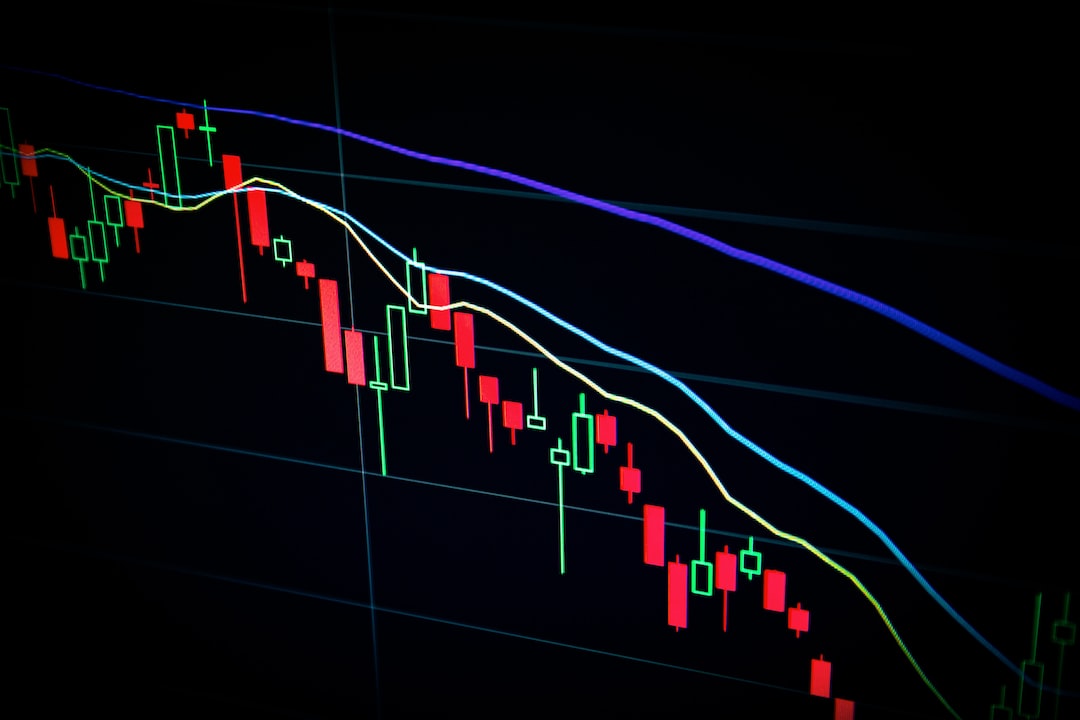The foreign exchange market, or forex market, is one of the most dynamic and fast-paced financial markets in the world. It operates 24 hours a day, five days a week, and is highly liquid, with trillions of dollars being traded every day. However, there are times when the forex market experiences a lull or slowdown, and it is important for traders to understand when this happens.
One of the primary factors that can cause the forex market to die down is the time of day. The forex market is divided into three main trading sessions: the Asian, European, and North American sessions. Each session has its own unique characteristics, with the Asian session being the most volatile and the North American session being the most stable.
During the Asian session, which runs from 12:00 AM to 9:00 AM GMT, the forex market tends to be the most active, as traders from Japan, China, and other Asian countries are actively trading. However, once the European session begins at 7:00 AM GMT, the market tends to slow down as traders in Asia begin to close their positions and European traders take over. This lull in activity can last for several hours until the North American session begins at 1:00 PM GMT.
Another factor that can cause the forex market to die down is economic news and events. When major economic news is released, such as the release of the US non-farm payroll report, the forex market can become highly volatile as traders react to the news. However, in the periods leading up to major economic events, the market can become quiet as traders wait for the news to be released.
Similarly, the forex market can also become quiet during major holidays and weekends when financial markets around the world are closed. During these periods, traders may take time off or reduce their trading activity, leading to a decrease in market volatility.
In addition to these factors, the forex market can also die down due to seasonal trends. For example, during the summer months, trading activity tends to slow down as traders go on vacation and take time off. Similarly, during the end-of-year holiday season, trading activity can also decrease as traders take time off to celebrate the holidays.
It is important to note that while the forex market may experience lulls or slowdowns, it never truly dies down. The market is always open and always moving, even if the level of activity is lower than usual. Furthermore, it is important for traders to understand the different factors that can impact market volatility and adjust their trading strategies accordingly.
In conclusion, the forex market can experience lulls or slowdowns due to a variety of factors, including the time of day, economic news and events, holidays and weekends, and seasonal trends. While these periods of decreased activity may present challenges for traders, it is important to remember that the market is always open and always moving, and that understanding these factors is key to successful trading.






